Get Rid Of Pregnancy Gas Using 5 Simple Remedies
Forget about breaking discreet winds; these simple solutions are here to help you out.

Image: iStock
Pregnancy comes riddled with tons of emotions and gastrointestinal problems, and feeling gassy and bloated is part of the package. While farting and belching can be embarrassing and really uncomfortable, it might give you some assurance to know that you are not alone. Nearly all pregnant women experience pregnancy gas as the changing body and roaring pregnancy hormones combine with other factors to give rise to it.
On the upside, you can get rid of the gas and relieve morning sickness by following certain home remedies. And that’s what we discuss here, along with what to do if it does not go away using home remedies. So read on.
In This Article
Why Do You Get Pregnancy Gas?
Your body goes through a plethora of changes during your pregnancy and gas is a result of some of the normal processes that take place. Firstly, your body produces more testosterone and estrogen during this time, and they can relax your muscles, absorb more water and retain gas in the body, making you feel bloated. Progesterone also relaxes the muscles in your gastrointestinal tract as well, which leads to a slowed-down digestion process and delayed gastric emptying (1).
During the second half of your pregnancy, your growing uterus which accommodates the growing baby puts pressure on your intestines situated right behind it, slowing down the digestion that may lead to pregnancy bloat. Put to the mix all the prenatal supplements that you take, especially iron, which is known for causing constipation (1). Constipation makes you feel gassy and bloated.
Apart from the above reasons, certain food items are also known to make you feel bloated and interfere with fetal health and fetal development.
Let’s look at all those in detail and find out how to get relief from pregnancy gas.
Key Takeaways
- Increase fluid consumption, exercise, and drink herbal teas to prevent pregnancy gas and improve overall maternal health.
- If you experience severe nauseai An uneasy feeling which is accompanied by sweating, which causes an urge to vomit but may not always lead to vomiting. , pass blood in your stool, experience vomiting, or your pain or discomfort does not subside, instead worsens, see a doctor.
- Laxative, antacid, and anti-gas medication are treatment options to cure it.
Effective Home Remedies To Treat Gas During Pregnancy
Here are some simple and effective remedies that offer immediate relief from gas during pregnancy. These home remedies can help soothe discomfort and ease symptoms, providing a natural approach to managing your condition. You may know about more home remedies for gas that can surely give immediate relief. However, don’t forget to consult your doctor before trying anything new.
1. Increase Your Fluid Intake

Water is absolutely crucial during pregnancy as it supports all the vital functions in your body and fetal growth. Water can help to improve your digestion and get the waste moving more smoothly through your intestinal tract (2). Drink at least 10 cups or 3L of water sipping slowly with a straw (3). You can swallow air if you gulp down water from a bottle, leading to even more trapped air in your body, so avoid it if you can.
If you are completely bored with water and want a change of taste, you can drink low-FODMAP juices (low in fermentable fibers) like cranberry, grape, orange, and pineapple. Try to limit carbonated drinks to less than 300mL to avoid the risk of further disrupting the digestive system (4).
2. Start Moving And Exercise

Physical activity and exercise may be the last things on your mind when you are bloated, but that is what you need to release the trapped gas inside and treat indigestion. A study has shown that engaging in mild physical exercise may lower the amount of gas retained in the abdomen in comparison to resting (5). You do need to discuss which exercises are safe to do during the different stages of your pregnancy with your obstetrician.
 Quick Tip
Quick Tip3. Monitor The Fiber In Your Diet

Fiber is a tricky thing as it may relieve constipation in some but may make it worse in others (6), (7).
Physicians generally recommend that you take fiber-rich foods, but you take them in moderation and add them slowly to your diet. If you are already gassy, pass on the spicy, fried, or greasy processed foods that you may be craving to avoid diarrhea. Avoid low-FODMAP soluble fibers as they ferment in the colon, creating gas (7). Bananas, prunes, figs, oats, and flax seeds are good options to relieve gas related to constipation. Vegetables like okra and beans are also healthy sources of fiber that may help you clear your bowels. Moreover, knowing about different home remedies to relieve constipation during pregnancy can also help you to come out of this discomfort.
 Quick Tip
Quick Tip4. Practice Breathing Exercises To Bust Your Stress

You may swallow more air when you are anxious or stressed and stress during pregnancy is quite common (8), (9). Try to reduce your stress using techniques that you feel comfortable with, such as:
- Deep breathing exercises
- Meditation
- Time alone for creative pursuit
- A warm bath
- Aromatherapy with essential oils like lavender and bergamot (10), (11)
Drink Herbal Teas

Peppermint and ginger tea are great options for easing digestive problems. Various studies have shown that peppermint eases many of the uncomfortable symptoms associated with IBS (irritable bowel syndrome), including abdominal pain, cramping, and flatulence (12), (13). Ginger has carminative properties, meaning that it helps in expelling waste from the bowels. Research also suggests that it can reduce bloating and flatulence (14). These herbal teas can be an excellent solution for a bloated stomach. There are more home remedies for bloated stomachs; however, medical discretion is essential during pregnancy before trying them out.
Both ginger and peppermint are considered safe during pregnancy when taken in small quantities (15), (16).
These home remedies for getting rid of pregnancy gas and for prenatal care are often effective but if your symptoms do not improve, you may need to talk to your obstetrician.
When To Contact Your Doctor
Gas is one of the most common reasons for abdominal pain, bloating, heartburn, and general discomfort during pregnancy. However, it is not the only reason. Pregnancy-related conditions like ectopic pregnancy, Braxton Hicks contractions, or labor can be responsible for abdominal pain. So can certain medical conditions unrelated to pregnancy, obstetrics, and gynecology like appendicitisi A condition in which the appendix is inflamed, infected, or filled with pus, causing fever and pain. , IBS, or gallstonesi They are hardened deposits of digestive fluids that are formed in the gallbladder, a small organ near the liver. (17). To avoid possible complications, it is best to get in touch with your doctor as early as possible, if:
- Your pain or discomfort does not seem to subside
- Your pain or discomfort worsens
- You experience severe nauseai An uneasy feeling which is accompanied by sweating, which causes an urge to vomit but may not always lead to vomiting.
- You experience vomiting
- You pass blood in your stool
- You are severely constipated
- You are worried if it’s gas that’s causing your abdominal discomfort or something else
- You are experiencing what feels like contractions
If your doctor diagnoses your pain or discomfort as a gas-related problem, they may offer you a few treatment options. Let’s see what they might be.
Other Treatment Options
Depending on the exact symptoms and severity of your condition, your doctor may prescribe you either of the following for relief from gas pains during pregnancy:
- Laxativei Substances that can increase stool mobility and loosen them, and increase bowel movement. It helps treat temporary constipation.
- Antacid
- Anti-gas medication
 Quick Tip
Quick TipRelieving gas during pregnancy promotes comfort. Here are some techniques that may help.
Positions To Relieve Gas During Pregnancy
- Knees-To-Chest Pose: Lie on your back and gently bring your knees towards your chest to release trapped gas.
- Child Pose: Kneel on the floor and lean forward with arms outstretched and forehead touching the ground. This relaxes the abdominal muscles.
- Pelvic Tilts: Lie on your back with knees bent. Tighten your abdominal muscles and push the lower back to the floor, and relax.
- Sideways Sway: Stand with feet shoulder-width apart, hands on hips, and gently sway from side to side.
- Elevated Legs: Lie down and place your legs on a cushion or wall to encourage the passing of gas.
- Leisurely Walking: A stroll may stimulate digestion and facilitate the passage of gas.
However, consult a healthcare provider if you experience severe discomfort, as it may indicate other underlying conditions.
Infographic: How To Alleviate Gas While Pregnant
Pregnancy is an incredible journey filled with joy and anticipation. However, as your body goes through significant changes to nurture a new life, you might experience certain discomforts, including increased gas and bloating. Fret not! In the infographic below, we have listed some safe and effective methods to alleviate gas, ensuring you have a smoother and more enjoyable pregnancy experience. Check it out and do remember to consult your doctor before trying any of these!

Illustration: StyleCraze Design Team
Certain antacids and anti-gas medication may be available to you over-the-counter. However, as not all the available brands or compositions are safe or suitable during pregnancy, you should speak to your doctor about dosage and safety before using any of them.
Frequently Asked Questions
Why does stomach gas hurt so much during pregnancy?
Stomach gas can hurt more during pregnancy because of the growing uterus. The uterus puts pressure on the organs and bones, further causing pressure on the intestines and eventually aggravating the gastric pain.
Where do you feel gas pain during pregnancy?
Gas pain can be mainly observed in the abdomen, chest, and back. At times, it also is accompanied by stomach cramps and mild discomfort.
How long can trapped gas last?
Trapped gas usually lasts for 4-6 hours. In a few, it may last up to 24-48 hours.
Illustration: Possible Ways To Get Rid Of Pregnancy Gas

Image: Stable Diffusion/StyleCraze Design Team
Want to discover food habits that trigger gas and bloating? Say goodbye to uncomfortable moments with this helpful video on avoiding gas during pregnancy. Watch now and experience relief!
In brief, pregnancy gas is a common and treatable condition that arises because of hormonal fluctuations, prenatal supplements, and the growing uterus during pregnancy. Incorporating mild physical activities, watching what you eat, drinking plenty of water and other fluids, and reducing stress are the most common ways to combat gas during pregnancy. You can also try over-the-counter antacids or anti-gas medications, but it is better to ask your obstetrician which medication to take and the dosage. If you do not get relief after trying out the home remedies and using over-the-counter medication, talk to your doctor without delay.
References
Articles on StyleCraze are backed by verified information from peer-reviewed and academic research papers, reputed organizations, research institutions, and medical associations to ensure accuracy and relevance. Read our editorial policy to learn more.
- Gastrointestinal diseases during pregnancy: what does the gastroenterologist need to know?
https://www.ncbi.nlm.nih.gov/labs/pmc/articles/PMC6033757/ - Water Hydration and Health
https://www.ncbi.nlm.nih.gov/pmc/articles/PMC2908954/ - Water Intake Water Balance and the Elusive Daily Water Requirement
https://www.ncbi.nlm.nih.gov/labs/pmc/articles/PMC6315424/ - Carbonated beverages and gastrointestinal system: between myth and reality
https://pubmed.ncbi.nlm.nih.gov/19502016/ - Physical activity and intestinal gas clearance in patients with bloating
https://pubmed.ncbi.nlm.nih.gov/17029608/ - Effect of dietary fiber on constipation: A meta analysis
https://www.ncbi.nlm.nih.gov/labs/pmc/articles/PMC3544045/ - Dietary fiber in irritable bowel syndrome (Review)
https://www.ncbi.nlm.nih.gov/labs/pmc/articles/PMC5548066/ - Anxiety depression and stress in pregnancy: implications for mothers children research and practice
https://www.ncbi.nlm.nih.gov/labs/pmc/articles/PMC4447112/ - Aerophagia in adults: a comparison with functional dyspepsia
https://onlinelibrary.wiley.com/doi/full/10.1111/j.1365-2036.2005.02651.x - Effects of lavender on anxiety: A systematic review and meta-analysis
https://www.sciencedirect.com/science/article/pii/S0944711319303411 - Physical and Psychologic Effects of Aromatherapy Inhalation on Pregnant Women: A Randomized Controlled Trial
https://www.ncbi.nlm.nih.gov/labs/pmc/articles/PMC3804257/ - The impact of peppermint oil on the irritable bowel syndrome: a meta-analysis of the pooled clinical data
https://www.ncbi.nlm.nih.gov/pmc/articles/PMC6337770/ - Botanical perspectives on health peppermint: more than just an after-dinner mint
https://pubmed.ncbi.nlm.nih.gov/11329700/ - Ginger in gastrointestinal disorders: A systematic review of clinical trials
https://www.ncbi.nlm.nih.gov/pmc/articles/PMC6341159/ - Safety of ginger use in pregnancy: results from a large population-based cohort study
https://pubmed.ncbi.nlm.nih.gov/22706624/ - Safety classification of herbal medicines used among pregnant women in Asian countries: a systematic review
https://www.ncbi.nlm.nih.gov/labs/pmc/articles/PMC5686907/ - Management of acute abdomen in pregnancy: current perspectives
https://www.ncbi.nlm.nih.gov/labs/pmc/articles/PMC6371947/
Read full bio of Dr. Sandeep Jassal
Read full bio of Sanchari Bhattacharya
Read full bio of Arshiya Syeda
Read full bio of Aparna Mallampalli


















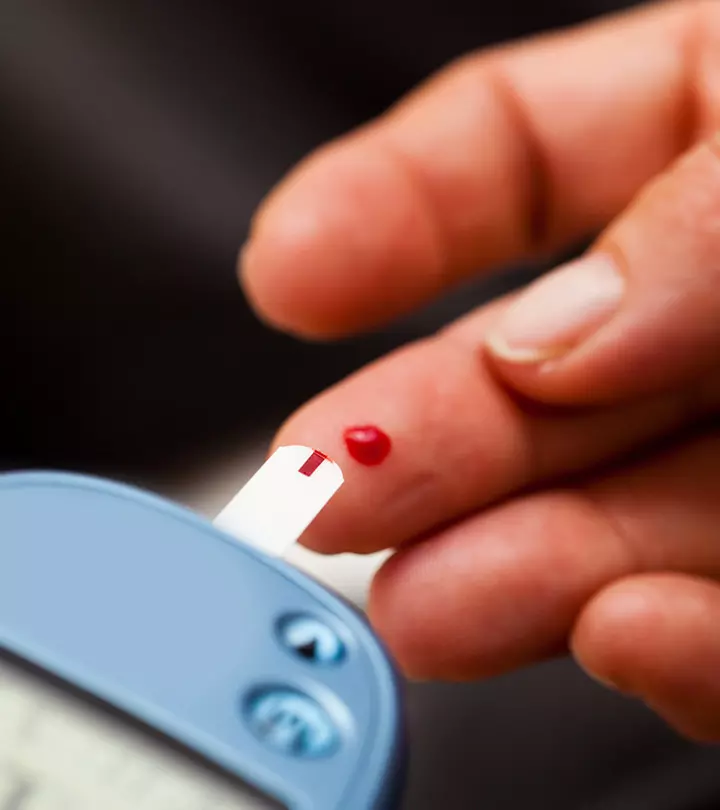
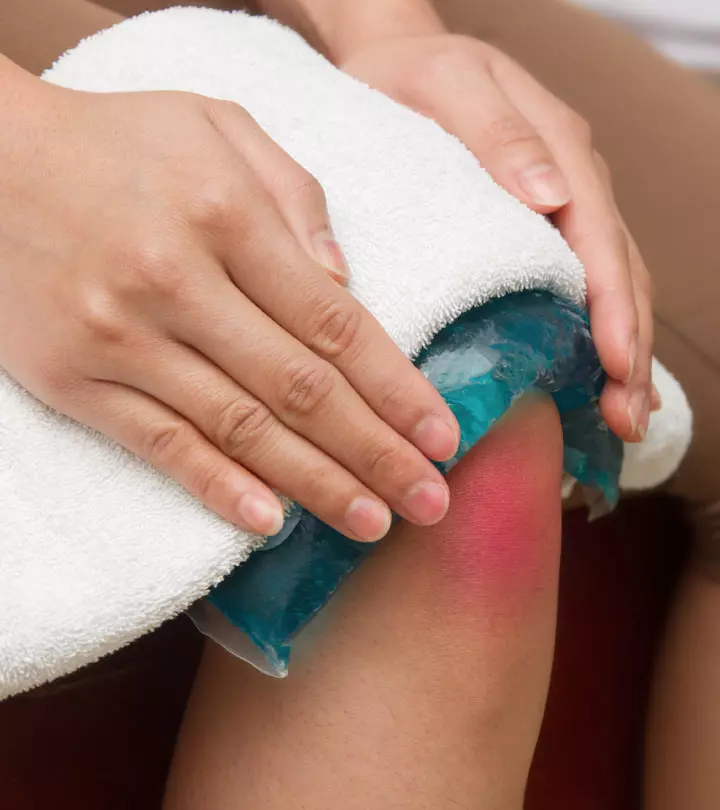

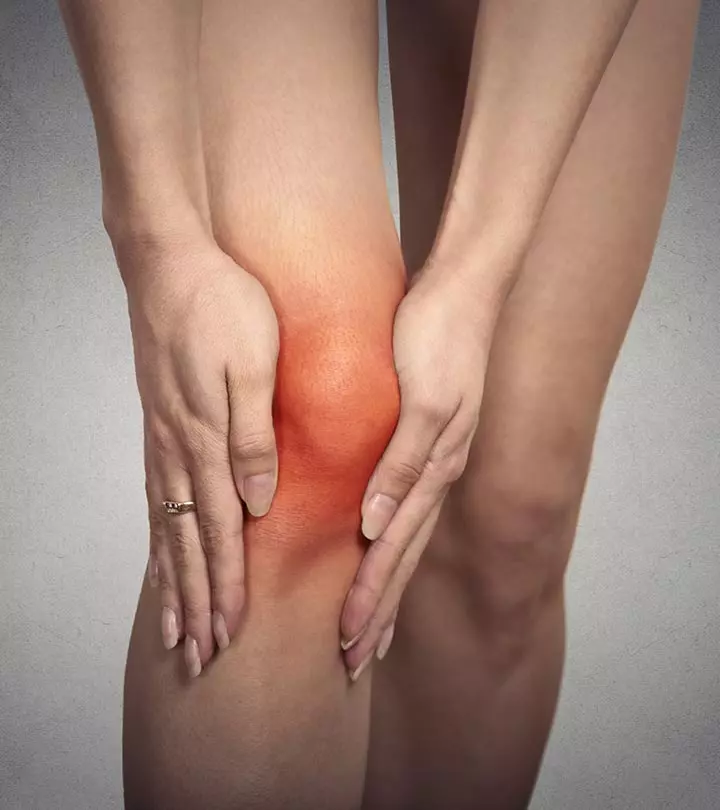




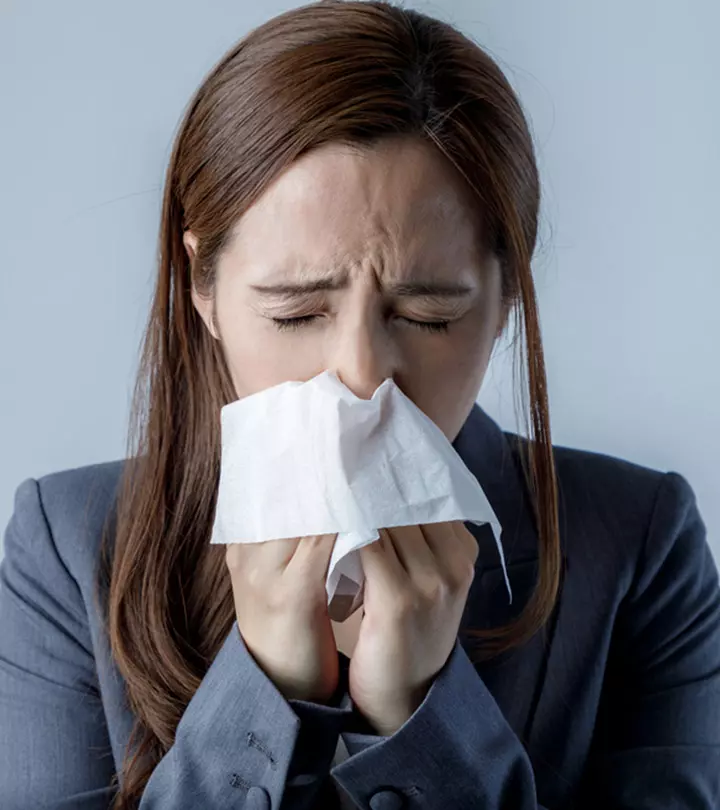
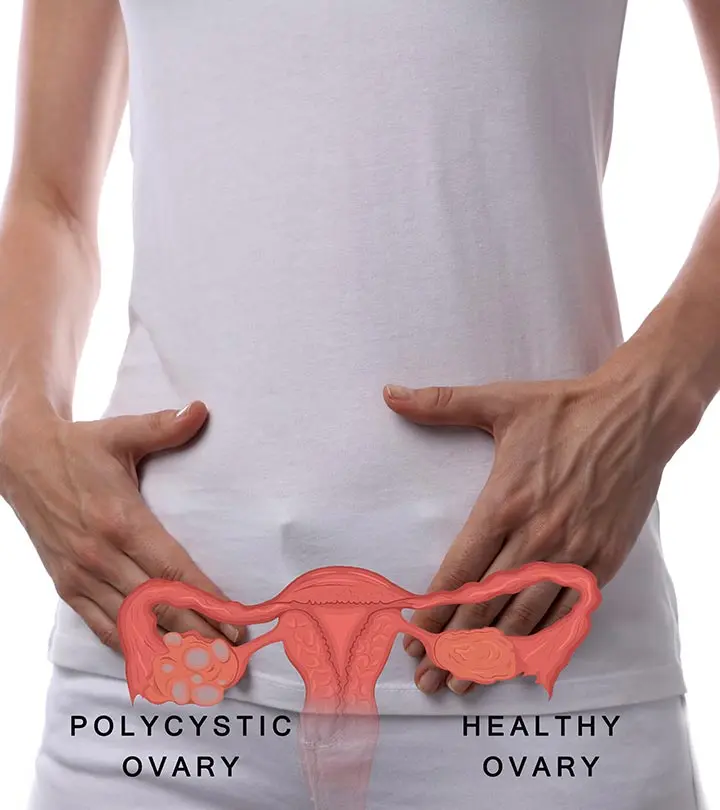
Community Experiences
Join the conversation and become a part of our empowering community! Share your stories, experiences, and insights to connect with other beauty, lifestyle, and health enthusiasts.